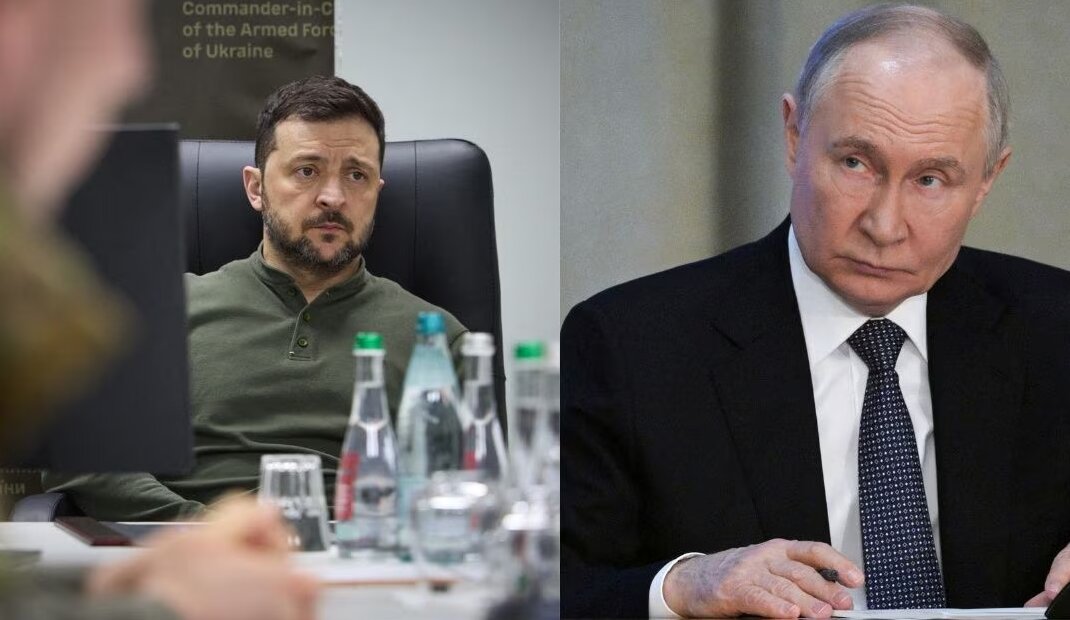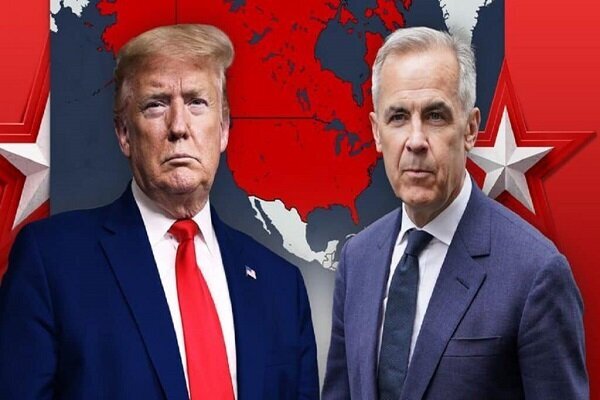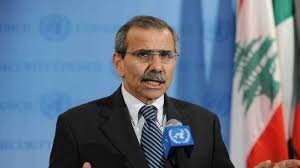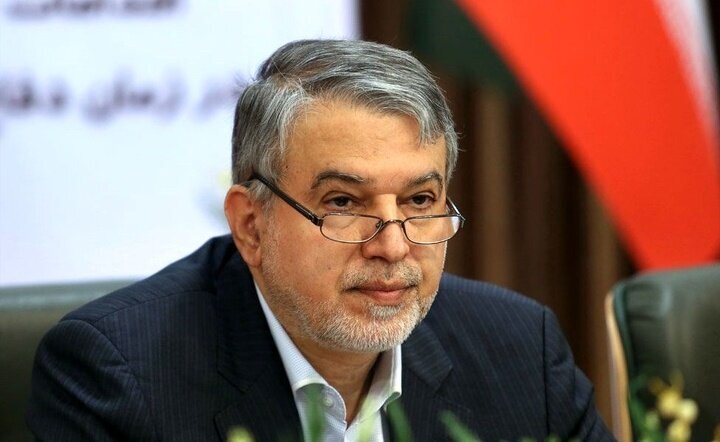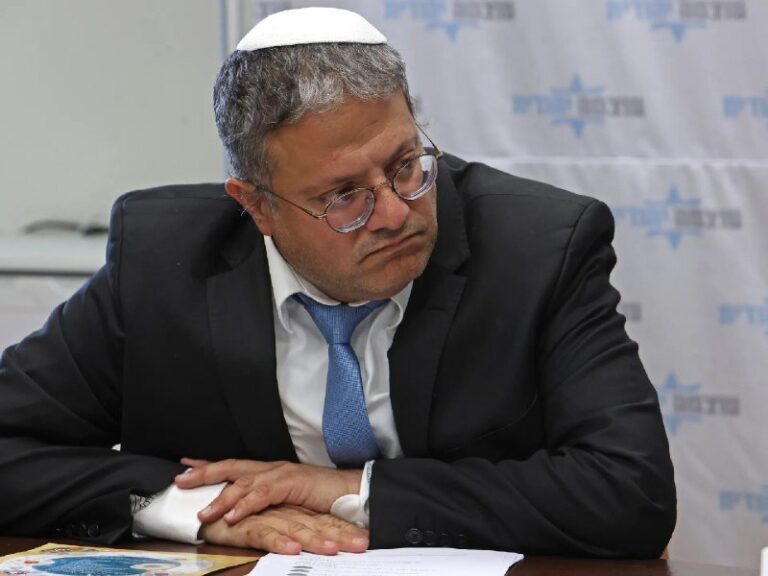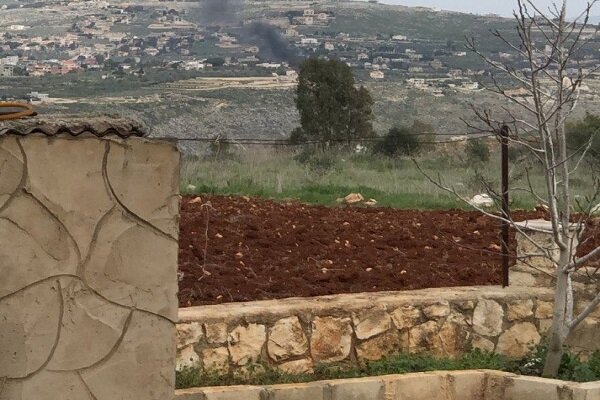Putin Announces Easter Ceasefire: A Glimmer of Hope in the Ukraine Conflict
In a significant development in the ongoing conflict in Ukraine, Russian President Vladimir Putin has declared an Easter truce. This announcement, made by the Kremlin and reported by Al Jazeera, marks a crucial moment in the long-standing hostilities in the region.
The unilateral ceasefire is set to commence on Saturday at 6 PM local time (21:00 GMT) and will continue until midnight on Monday, April 21. The Kremlin emphasized that Russia anticipates Ukraine will adhere to this truce and halt all military operations during the Easter holiday.
This announcement raises several questions about the potential impact of the truce on the ongoing conflict. Here are some key points to consider:
- Unilateral Ceasefire: The truce is a unilateral decision by Russia, which means that it is not necessarily dependent on Ukraine’s agreement.
- Timing: The ceasefire coincides with the Easter holiday, a significant time for many Christians, which may influence the willingness of both sides to observe the truce.
- Expectations: The Kremlin’s expectation that Ukraine will also cease fire raises questions about the prospects for a mutual agreement.
- Historical Context: Previous truces have often been short-lived, and the effectiveness of this ceasefire remains to be seen.
The declaration of a truce during such a profound religious occasion highlights the complexities of the conflict. Easter is a time of reflection and peace for many, and the hope is that this temporary cessation of hostilities can lead to a more significant dialogue between the two nations.
As the conflict in Ukraine continues to unfold, many are watching closely to see how both sides respond to this truce. The international community is particularly interested in whether this ceasefire can pave the way for further negotiations and potentially a lasting peace agreement.
In addition, the announcement has implications for humanitarian efforts in the region. The truce could provide a much-needed window for aid organizations to deliver supplies and assistance to those affected by the conflict. Here are some potential benefits of the truce for humanitarian efforts:
- Access to Aid: A ceasefire may allow humanitarian organizations to reach areas that have been heavily impacted by fighting.
- Protection for Civilians: A temporary halt in hostilities can help protect civilians who have been caught in the crossfire.
- Potential for Negotiations: A truce may create an environment conducive to dialogue, which is essential for resolving the conflict in the long term.
Despite the hopeful nature of this announcement, skepticism remains among observers. Previous ceasefires in the region have often been violated, leading to renewed violence and suffering. The international community is urging both sides to respect the truce and use this opportunity to engage in meaningful dialogue.
In conclusion, while the declaration of an Easter truce by President Putin offers a glimmer of hope amidst the ongoing conflict in Ukraine, the effectiveness of this ceasefire will depend largely on the actions of both Russia and Ukraine. As the world watches, the hope is that this moment can be a stepping stone toward a more peaceful resolution.
As we move closer to the start of the truce on Saturday evening, many are left wondering: will this ceasefire hold, and can it lead to a broader peace process? Only time will tell, but for now, there is a collective hope for peace during this significant time of year.
